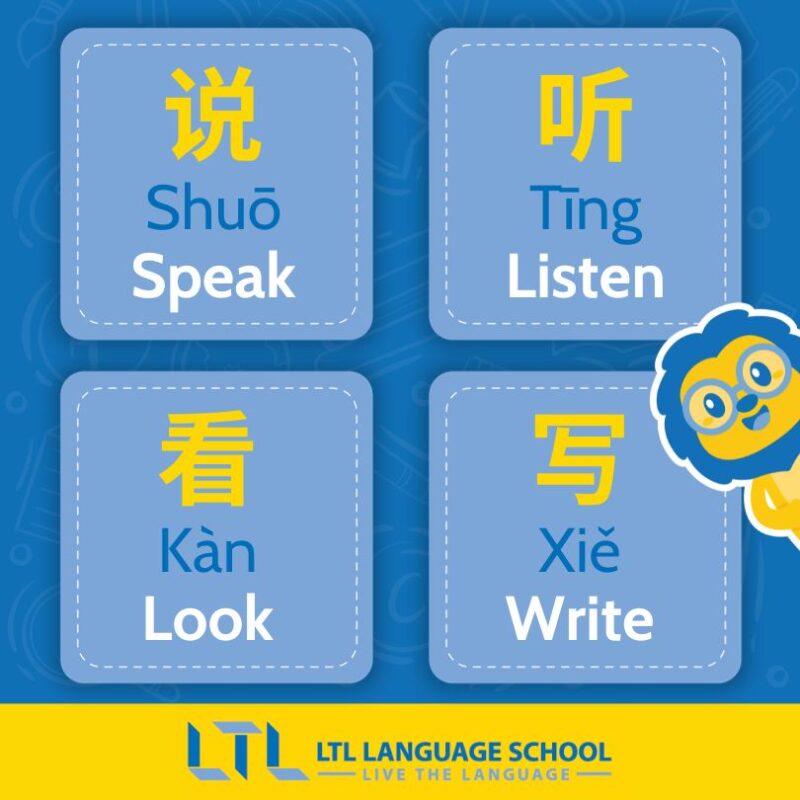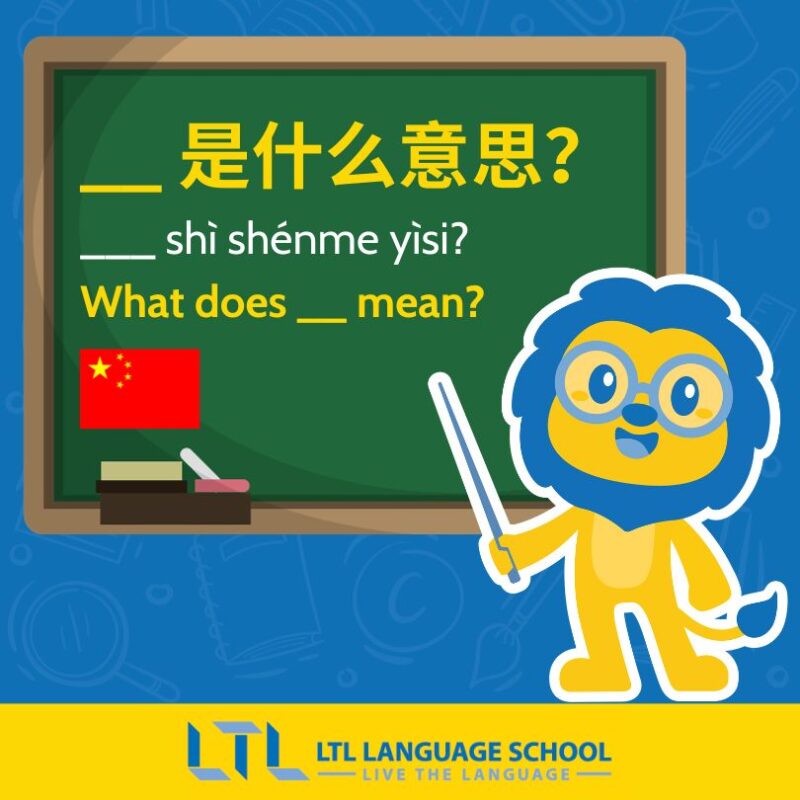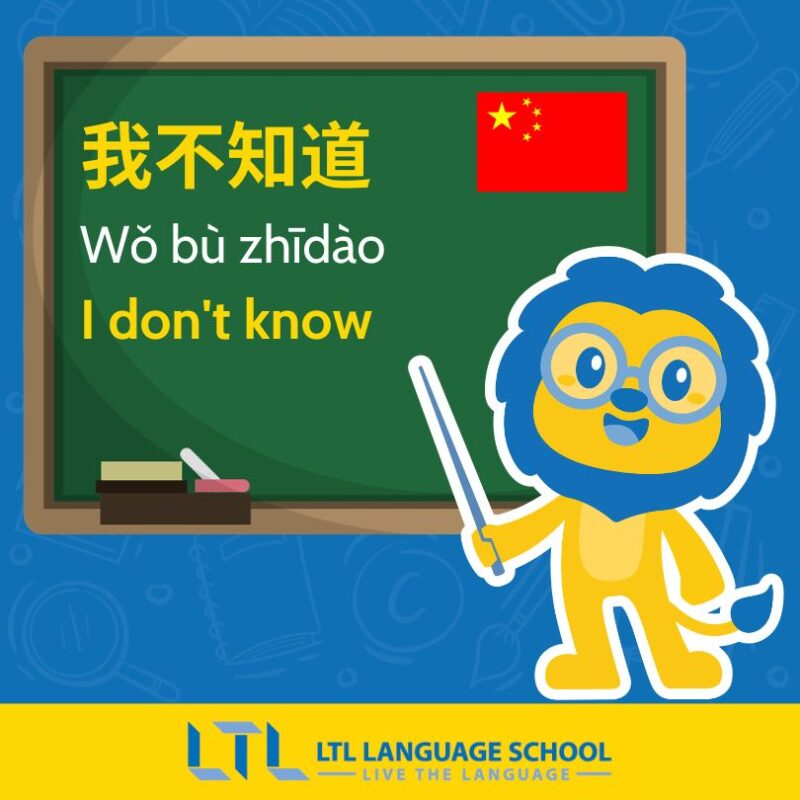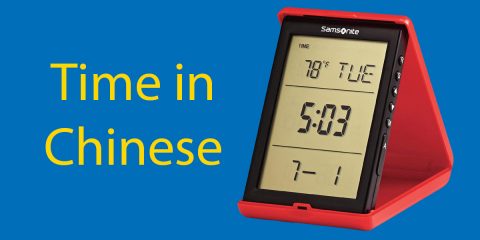Chinese Classroom Survival Guide: Essential Questions, Commands and Comments
Navigate the Chinese Classroom with Ease by Learning These Key Words and Phrases
大家好!我是林老师,请坐和请打开课本翻到第一页。

Confused?
As a beginner to the Chinese classroom, it’s easy to feel overwhelmed, stressed and in-over-your-head.
The opening sentence was actually a friendly introduction and instruction:
“Hello everyone! I’m Teacher Lin, please take a sit and open your textbooks to page 1.”
When you’re in the early phases of Mandarin, commands and questions can sometimes end up knocking your confidence rather than building it up.
But that doesn’t need to be the case!
We’re here to help. This article is your essential guide for classroom Chinese, which will allow you to navigate each lesson with ease and focus more on the new class content.
So, let’s get started.
Chinese Classroom Phrases || Greetings and Politeness
Chinese Classroom Phrases || Classroom Instructions
Chinese Classroom Phrases || Asking Questions
Chinese Classroom Phrases || Expressing Understanding and Not Understanding
Chinese Classroom Phrases || Classroom Interaction
Chinese Classroom Phrases || Teacher Feedback
Chinese Classroom Phrases || BONUS Quiz!
Chinese Classroom Phrases || FAQs
Chinese Classroom Phrases || Greetings and Politeness
Greetings and politeness can really set the tone for conversations – and the classroom is no exception.
Let’s start with some basic phrases that will help you establish a polite and friendly tone in the classroom:
| English | Chinese | Pinyin |
|---|---|---|
| Hello | 你好 | Nǐ hǎo |
| Thank you | 谢谢 | Xièxiè |
| You’re welcome | 不客气 | Bù kèqì |
| Sorry | 对不起 | Duìbuqǐ |
| It’s okay | 没关系 | Méi guānxi |
| Please | 请 | Qǐng |

(FREE) Pinyin Chart // Learn How To Read Pinyin in 5 Minutes
Get Your FREE Downloadable Pinyin Chart – We spend hours behind the scenes creating excellent tools and useful things for you to use every day.
Chinese Classroom Phrases || Classroom Instructions

Understanding and responding to classroom instructions is crucial for a successful learning experience.
After all, learning a language will often include a range of activities to target the four main skills of speaking, listening, reading and writing.
You’ll be asked to ‘look’ at a certain character, ‘read’ it out loud or ‘write’ it down.
In more formal school environments, you may have to sit down and stand up when your teacher asks you to.
What have you found confusing in Chinese lessons? Let us know in the comments section!
Here are some commonly used phrases used by teachers:
| English | Chinese | Pinyin |
|---|---|---|
| Sit down | 坐下 | Zuòxià |
| Stand up | 站起来 | Zhàn qǐlái |
| Listen | 听 | Tīng |
| Speak | 说 | Shuō |
| Look | 看 | Kàn |
| Read | 读 | Dú |
| Write | 写 | Xiě |
| Complete ___ | 完成 ___ | Wánchéng ___ |
Chinese Classroom Phrases || Asking Questions

You probably won’t understand every single thing you learn in class the first time you hear it (and if you do, tell us your secrets!!)
Asking questions in class is a valuable skill for learning and clarifying doubts.
When learning Chinese, there’ll be some questions that you’re more likely to ask that others.
Here are some of the most common classroom questions and requests to get you started:
| English | Chinese | Pinyin |
|---|---|---|
| What is …? | 什么是…? | Shénme shì…? |
| How do you do …? | 怎么做…? | Zěnme zuò…? |
| Please repeat | 请再说一遍 | Qǐng zài shuō yībiàn |
| Can you speak slower? | 你能说慢一点吗? | Nǐ néng shuō màn yī diǎn ma? |
| Please explain | 请解释一下 | Qǐng jiěshì yīxià |
| How do you say __ in Chinese? | __ 用中文怎么说? | __ Yòng zhōngwén zěnme shuō? |
| What does ___ mean? | __ 是什么意思? | __ shì shénme yìsi? |
| This word has two characters, what’s their meaning? | 这个词有两个汉字,它们的意思是什么? | Zhège cí yǒu liǎng gè hànzì, tāmen de yìsi shì shénme? |
| Let’s look at the previous page | 让我们看前一页 | Ràng wǒmen kàn qián yī yè |
| Excuse me, I have a question | 请问 | Qǐngwèn |
Asking questions not only shows your engagement but also helps you gain a deeper understanding of the subject matter.


Chinese Classroom Phrases || Expressing Understanding and Not Understanding
When you grasp a concept or idea (or not!), it’s important to express your understanding to the teacher and your classmates.
After all, if you don’t understand a word, sentence or grammar point, you could really benefit from further explanation.
It can also be helpful to say if you’ve studied something before.
Use these phrases to do so:
| English | Chinese | Pinyin |
|---|---|---|
| Got it | 我明白了 | Wǒ míngbái le |
| I don’t understand | 我不明白 | Wǒ bù míngbái |
| I know | 我知道了 | Wǒ zhīdào le |
| I don’t know | 我不知道 | Wǒ bù zhīdào |
| I understand | 了解 | Liǎojiě |
| I already studied that | 我已经学过了 | Wǒ yǐjīng xuéguòle |


Chinese Classroom Phrases || Classroom Interaction
In a classroom, you’ll often engage in discussions, group work, or peer-to-peer interactions. Here are some phrases to help you participate effectively.
| English | Chinese | Pinyin |
|---|---|---|
| I agree | 我同意 | Wǒ tóngyì |
| I disagree | 我不同意 | Wǒ bù tóngyì |
| I have a question | 我有一个问题 | Wǒ yǒu yīgè wèntí |
| Let me think about it | 让我想一想 | Ràng wǒ xiǎng yīxiǎng |
| I finished | 我完成了 | Wǒ wánchéngle |
| I finished (a written activity) | 我写完了 | Wǒ xiě wánle |
BONUS: Want to cheer on your classmates? Check out our guide on encouragement in Chinese
Chinese Classroom Phrases || Teacher Feedback
| English | Chinese | Pinyin |
|---|---|---|
| Good | 好 | Hǎo |
| Very good | 很好 | Hěn hǎo |
| Excellent | 非常好 | Fēicháng hǎo |
| Great | 很棒 | Hěn bàng |
| You did great | 做得很棒 | Zuò dé hěn bàng |
| That’s right | 对 | duì |
| That’s incorrect | 不对 | Bù duì |
| Try again | 再试一次 | Zài shì yīcì |
| Pay attention to pronunciation | 注意发音 | Zhùyì fāyīn |
And there you have it!
That’s our list of must-know words and phrases for any Mandarin Chinese language classroom that should lead to a smoother and more enjoyable learning experience.
These phrases will help you build rapport with your teachers and peers, participate actively in class, and express your thoughts and ideas effectively.
Remember, practice makes perfect, so don’t be afraid to use these phrases in your classroom interactions.
Happy learning! 加油!
Chinese Classroom Phrases || BONUS Quiz
Chinese Classroom Phrases || FAQs
How do I politely ask a question in Chinese?
To indicate that you’d like to ask a question, you should say 请问 (qǐngwèn), which literally means ‘please ask’. To learn more about asking questions in Chinese, including how to say words like ‘who’, ‘when’ and ‘why’, check out our questions in Chinese blog.
How do you say ‘look’, ‘read’, ‘write’ and ‘say’ in Chinese?
In Chinese, look is 看 (kàn), read is 读 (dú), write is 写 (xiě) and say is 说 (shuō)
How do you say ‘I agree’ and ‘I disagree’ in Chinese?
To agree with someone, you could say 我同意 (wǒ tóngyì). For ‘I disagree’, you can say 我不同意 (wǒ bù tóngyì)
How do you say ‘good’ in Chinese?
Good in Chinese is 好 (hǎo), which is pronounced a little like ‘how’ in English.
Very good is 很好 (hěn hǎo) and extremely good is 非常好 (fēicháng hǎo)
Where can I improve my Chinese?
To study 24/7 with certified, native speaker teachers, you can check out our Flexi Classes platform.
If you’d like to really fast track your Chinese, you could even try a homestay program in Beijing, Shanghai, Taipei or our other cities!
Want more from LTL?
If you wish to hear more from LTL School why not join our mailing list.
We give plenty of handy information on learning Chinese, useful apps to learn the language and everything going on at our LTL schools.
FANCY SOME FREE ONLINE LESSONS? Grab a free 7 day trial and come and see why our LTL Flexi Classes are taking language learning to a whole new level.
Sign up below and become part of our ever growing community!
![[𝗢𝗟𝗗] LTL Beihai Logo](https://old.ltl-beihai.com/wp-content/sites/17/logo-ltl-header.png)

 Hi, my name is Mojca! I am from Slovenia in Europe and I work as a student advisor at our Shanghai school.
Hi, my name is Mojca! I am from Slovenia in Europe and I work as a student advisor at our Shanghai school.


